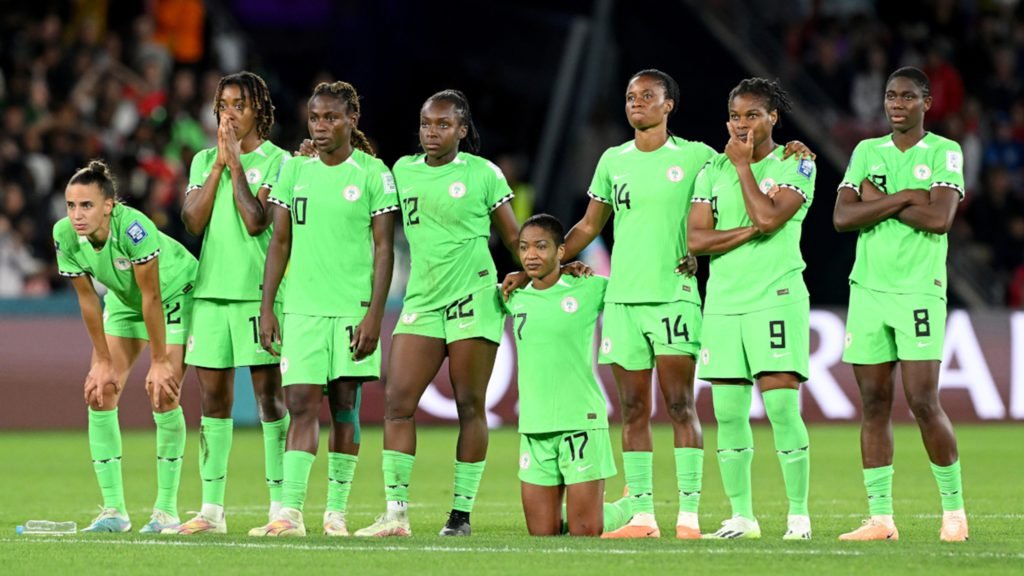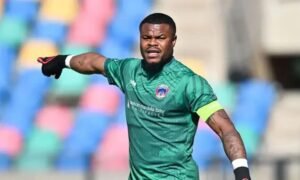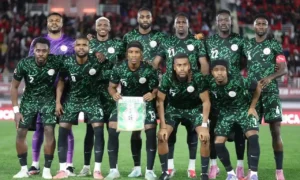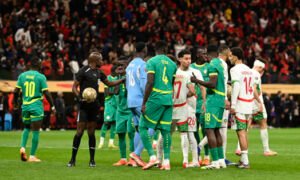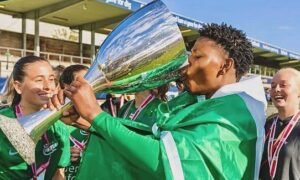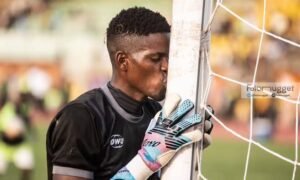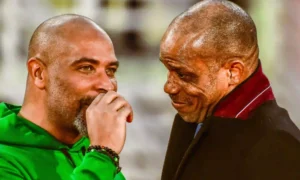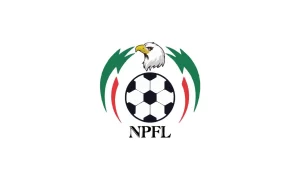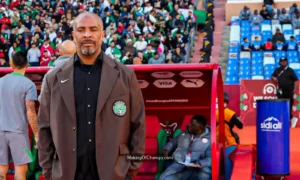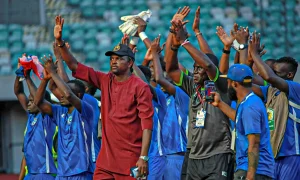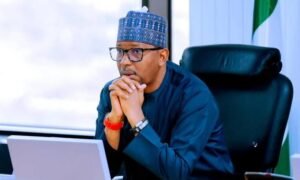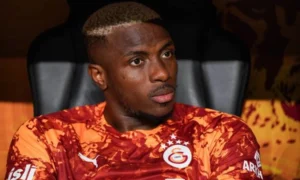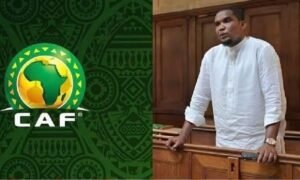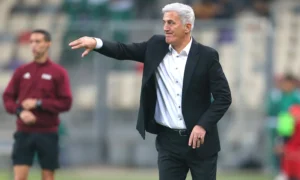The President of the Nigeria Football Federation (NFF), Ibrahim Musa Gusau, has downplayed the prospect of pay parity between Nigeria’s Super Falcons and Super Eagles, citing commercial realities and sponsor preferences.
In an interview with former BBC journalist Osasu Obayiuwana during the 2024 Women’s Africa Cup of Nations (WAFCON) in Morocco, Gusau addressed growing scrutiny over financial inequality between Nigeria’s national men’s and women’s teams.
“When you go to sponsors, the first thing they ask is, ‘How are the Super Eagles performing?’ That’s where the money is,” Gusau said. “And the moment we have a problem with them, we are gone.”
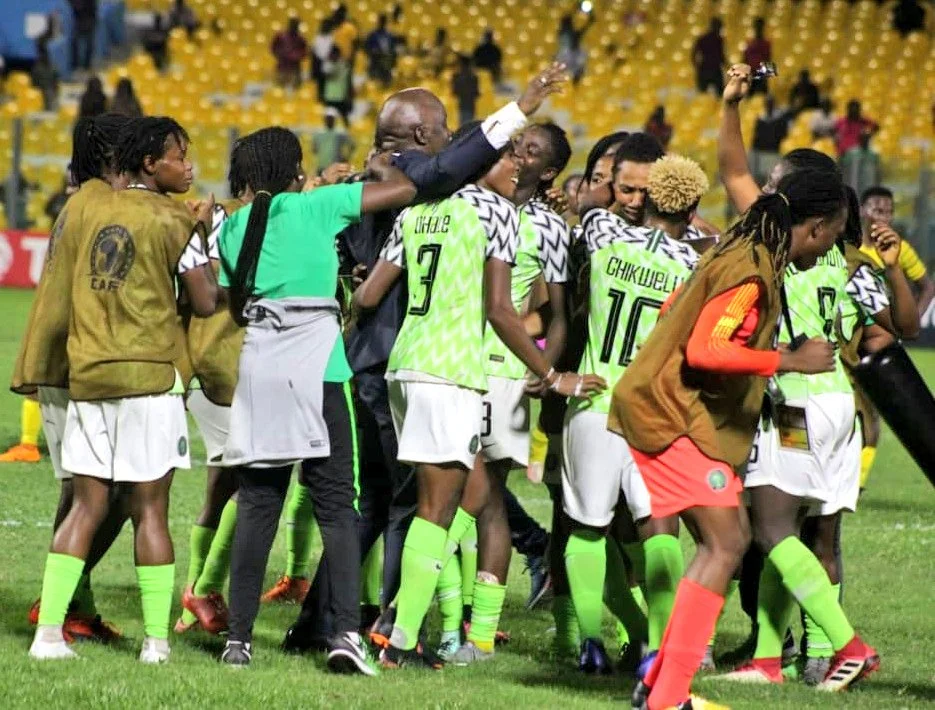
Super Falcons. Photo Credit: X
Despite recognising the Super Falcons as the most successful team in Nigerian football history, Gusau argued that equal pay is unlikely under current conditions.
“For now, as it is, it is going to be very difficult [to have pay parity],” he said. “We will try to see that they have the type of welfare they deserve. The difference is not much.”
Obayiuwana challenged this position, noting that bonuses and allowances are often funded by the government, not just commercial sponsors. But Gusau maintained that much of the team’s support still relies on sponsorship revenue.
“It’s not everything that is taken care of by the government. Some of these things come from sponsorship money,” he explained. “We’ve had to raise funds internally to pay their daily allowances [at WAFCON].”
READ MORE: Stanley Nwabali on Raja Casablanca radar after stellar Chippa season – The Athletic NG
When asked about the actual figures being paid to players, the NFF president deflected.
“If you have the opportunity of being with them, ask the team administrator. She’ll tell you everything,” Gusau said.
“I’m the president, but I’m not in custody of those kinds of documents.”
Nigeria Out of Step with Global Shift on Equal Pay
The Super Falcons has won a record 9 Women’s Africa Cup of Nations titles and remains a consistent World Cup qualifier.
Globally, several football federations have already embraced pay equality. In May 2022, the U.S. Soccer Federation struck a groundbreaking deal ensuring equal pay and equal World Cup prize money for both men’s and women’s national teams.
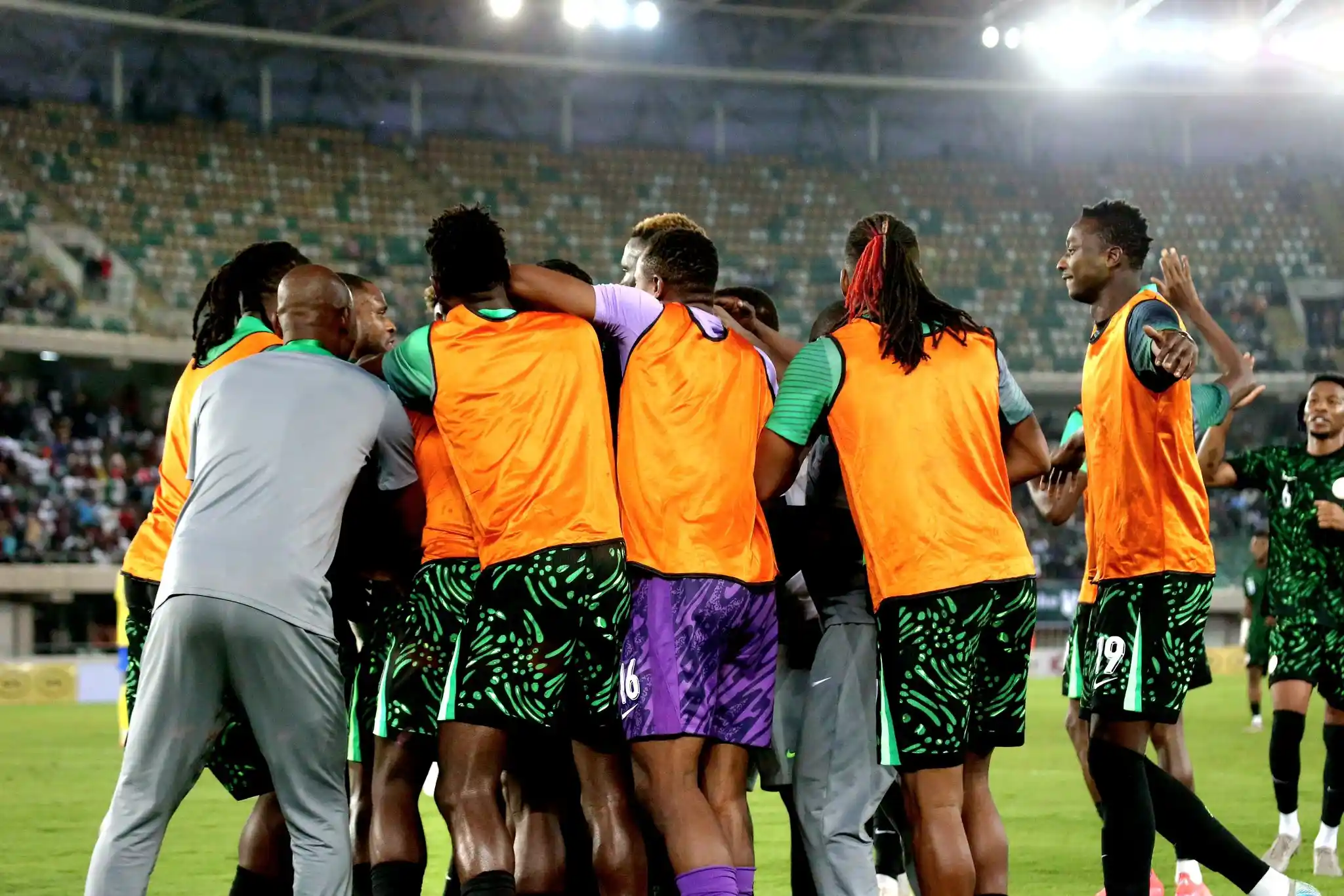
Super Eagles players celebrating. Photo Credit: X
The agreement, which runs through 2028, set a precedent for gender equity in international football.
CLICK HERE TO JOIN THE ATHLETIC NG WHATSAPP CHANNEL
In 2020, Brazil announced that it would pay its male and female players equally, joining Norway, Australia, and New Zealand, countries that have also committed to closing the gender pay gap in football.
These nations are now viewed as global leaders in gender-inclusive football policy, with matching appearance fees, bonuses, and travel conditions for both national teams.

